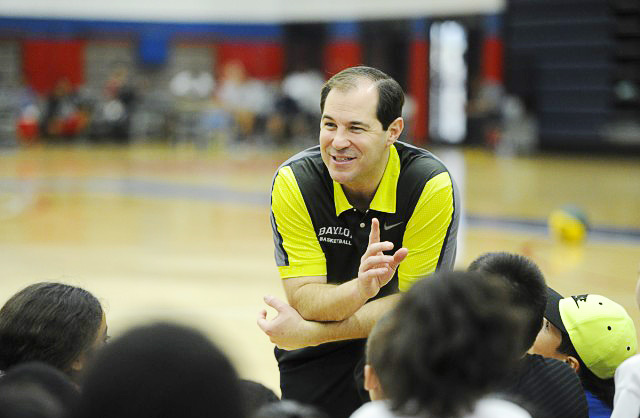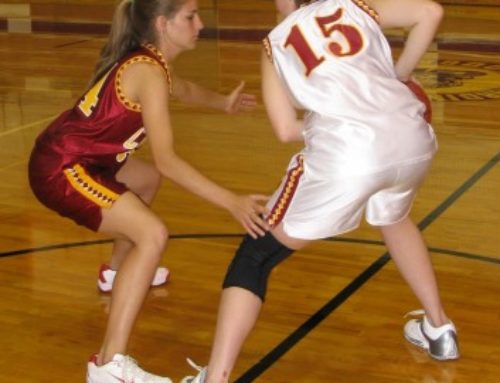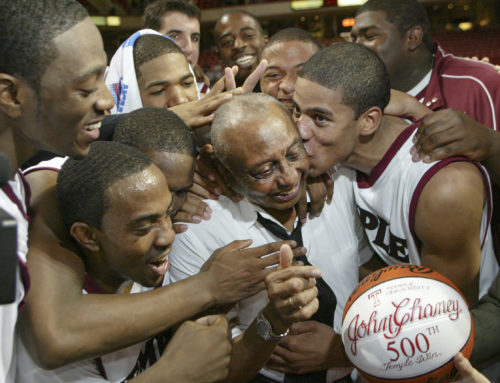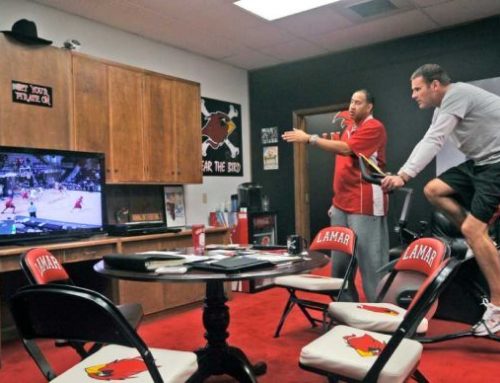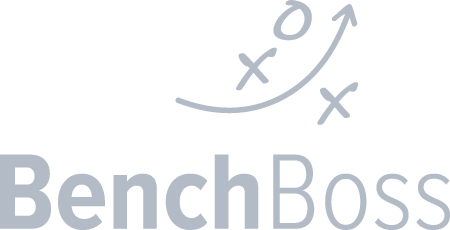Coaching is a multi-dimensional job that requires a person to be good in multiple skills. Great coaches try to improve and never stop expanding their expertise in order to be better in their profession. In our art of coaching sequence, we will try to explain which skills coaches need to focus on when they assess their abilities. The first and probably the most important one is pedagogy.
Pedagogy is a science of education and teaching of students, examining how to approach the younger audience and transmit your ideas to them. Because it is heavily involved in how to deal with younger people, high school and university coaches need to know the importance of this area of expertise. Teaching and coaching are very intertwined. Coaches need to be able to capture the attention of their players and demonstrate concepts in the best way possible. They have the responsibility of molding young players and pass on the knowledge that they have about the game.
Coaching is a unique job in a sense, as it often provides an environment for players in which they can find themselves. So coaches don’t only need to have sports knowledge, but they have to know how to create this environment that will maximize the development of their players. This means that coaches need to be accepting of their players’ mistakes, but also point out to them when they are wrong so they can improve their weaknesses. The job requires a more hands-on approach with the players, trying to help them in a difficult time in their lives through sport. It is, therefore, important for coaches to choose who they are working with carefully, and examine if the player is willing to cooperate before they enter the team. Doing that can help the coaching be a more rewarding job, and save a lot of time for them to get through to the players.
Coaches need to be pedagogues, but don’t want to be seen purely as teachers. Younger people tend to be closed to such an authority figure which will produce a counter-effect when they need to learn about the game. Coaching is a balance of being a teammate and demanding respect every step of the way. Social intelligence plays a huge role in this job, as coaches often need to have good intuition on when they should talk (or not) to the player. The relationship and the mutual trust that is formed this way goes a long way during a long and challenging season.
Tools that are being used to teach a player are almost as important as the coaching approach. Even though coaches’ relationship with the players is good, they need proper platforms for explaining themselves in order for players to fully understand their points. With the use of digital platforms, for example, coaches can easily explain their decisions to the players through shot charts or live stats. Framing information through a lens that players can correlate to better would help them understand it better, whether it is on the court or in the classroom. As teachers do, coaches need to keep their players engaged with the material and the digital form of information definitely does that. Too often is it frowned upon the excessive use of technology by younger people, but good pedagogues can recognize the benefits of this approach and use it to their advantage. Who knows? Maybe in a couple of years, VR could be a regular coaching tool which would be used to put players in game situations. Potential of technology is limitless. Coaches just need to realize how powerful it actually is.

